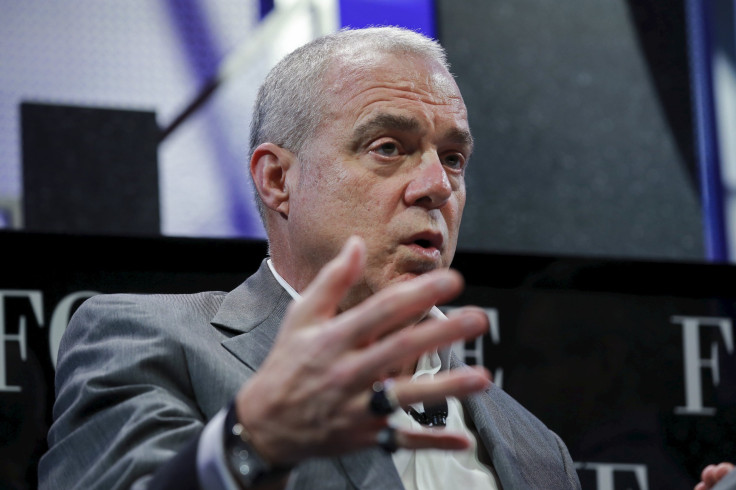Health Insurers Push Brokers To Sell More Lucrative, Lower-Tier Plans, Possibly Violating Healthcare Law

Several major health insurers are revamping the way they sell policies through the Affordable Care Act to customers in an effort to limit losses and diminished profits they blame on the healthcare law. But these tactics could be close to crossing the line of what is legal.
Not only are Anthem, Aetna and Cigna ceasing to pay sales commissions to brokers who sign up new enrollees outside of the standard open enrollment period, which ended Sunday, but Cigna and Humana are also no longer paying those brokers to enroll people in "gold" plans that offer more benefits but are less lucrative for the insurers, Kaiser Health News reported. They are still paying brokers commissions for lower-tier "bronze" plans, however.
People who are healthier and use medical care less -- and therefore cost insurance companies less in medical claims -- typically sign up for the lower-tier plans. Sicker, more expensive patients who use more medical care tend to lean toward higher-tier plans. According to data compiled by the Kaiser Family Foundation, out of 9.3 million enrollees in the United States as of September 2015, 1.9 million had selected bronze plans, 6.3 million had picked silver level plans, and 679,000 gold plans. The remainder had either platinum or catastrophic plans.
Anthem has blamed lower-than-projected profits in the final quarter of 2015 on expensive medical claims from customers who bought plans through exchanges set up under the Affordable Care Act. It posted $2.6 billion in net income in 2015, but its net fourth-quarter income dropped to $180.9 million from $506.7 million the previous year, as its expense ratio, which compares the cost of healthcare claims against revenue from premiums, rose from 84.5 percent to 87 percent during those same periods. The increase in the ratio was "largely driven by an increase in the individual and local group businesses," the company said in its earnings report, released at the end of January.
Aetna said in July it would cease to offer plans on the Washington, D.C., health exchange. The company “determined we can no longer meet the needs of our customers while remaining competitive in the market,” it said at the time.
Other insurers, like UnitedHealth Group, have blamed the administration's relaxed approach to a special enrollment period for allowing too many sick, and therefore expensive, patients to sign up, even if they weren't qualified for enrollment. UnitedHealth threatened in November to withdraw from Affordable Care Exchanges, citing lower-than-expected growth in the market.
Insurers' attempts to create incentives for brokers, through whom many customers buy insurance, to sell the plans that healthier people buy -- these offer lower monthly premiums but higher subsequent out-of-pocket costs when patients do seek out medical care -- could constitute discrimination that is illegal under the Affordable Care Act. The law, signed in 2010, mandated that insurers could not turn away patients with pre-existing health conditions or illnesses.
“The only explanation I can see for them doing this is risk avoidance — and that is discriminatory marketing and not permitted,” Timothy Jost, a law professor at Washington and Lee University, told Kaiser Health News.
© Copyright IBTimes 2024. All rights reserved.






















